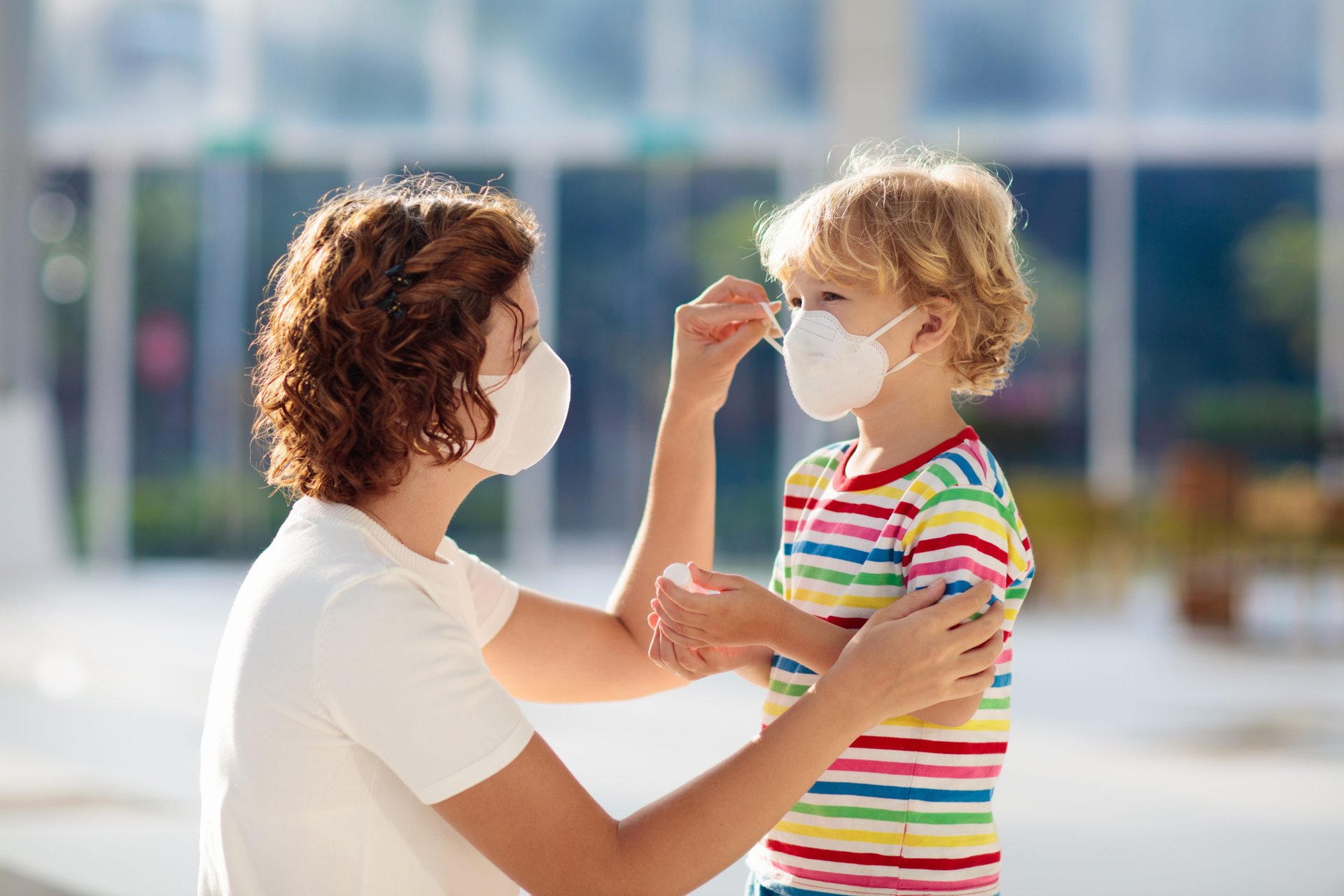
Should you wear a face mask to protect yourself from coronavirus infection? The Centers for Disease Control and Prevention now says “yes,” at least in some situations.
Until Friday, the CDC had stated that people who were not obviously ill should avoid wearing masks unless caring for an infected person who wasn’t wearing a mask.
But yesterday, the CDC changed its guidance.
The federal agency now says that recent evidence suggests “a significant portion” of people who have the virus can spread it even before they experience symptoms.
With that fact in mind, the CDC issued the following recommendation:
“In light of this new evidence, CDC recommends wearing cloth face coverings in public settings where other social distancing measures are difficult to maintain (e.g., grocery stores and pharmacies) especially in areas of significant community-based transmission.”
Where can you get a mask?
Of course, getting a mask is easier said than done. In fact, such masks have been in short supply ever since the new coronavirus first emerged as a threat to the well-being of everyone in the U.S.
If you cannot find masks on local store shelves — or if you simply want to take matters into your own hands — Michaels is offering instructions, and a list of supplies, for creating your own DIY mask or even a face shield.
Stop by the Michaels website to learn more about making your own mask or shield.
What are other experts saying about masks?
Not everybody agrees that wearing masks will help to keep COVID-19, the disease caused by the coronavirus, from spreading.
Amanda McClelland, a senior vice president at Vital Strategies — a nonprofit public health organization that focuses on global health threats — is skeptical of the benefits of wearing a mask. She tells Consumer Reports:
“In the research that’s been done, we don’t see any benefit at the community level for wearing the mask.”
On the other hand, Dr. Donald Milton — a professor of environmental health at the University of Maryland in College Park — tells CR he believes more widespread use of masks could reduce infection rates:
“The argument is that since anyone can be infected without knowing it and spread the infection, that everyone should wear masks. In the U.S., where we are not prepared to test rapidly and aggressively trace and quarantine all contacts, surgical masks could be helpful.”
Should you wear a mask to prevent coronavirus infection?
So, should you wear a mask?
If you are coughing, feverish or have other symptoms, the best way to prevent spreading the illness is to stay home. But if you must go out, wearing a mask would be a good idea.
Dr. Tom Frieden, former director of the CDC, tells CR that people who have the virus can prevent spreading it by wearing a mask:
“If you put a mask on someone who is ill, they are less likely to spread the virus to others. That includes people who don’t have symptoms. We know people who don’t have symptoms can spread the virus.”
Just because you have no obvious symptoms does not mean you are not infected. So, wearing a mask can prevent you from spreading the virus when you don’t know you’re a carrier.
Even if you are not ill, the CDC says you still should wear a mask in public settings where distancing is difficult if you want to avoid becoming infected with COVID-19.





Add a Comment
Our Policy: We welcome relevant and respectful comments in order to foster healthy and informative discussions. All other comments may be removed. Comments with links are automatically held for moderation.